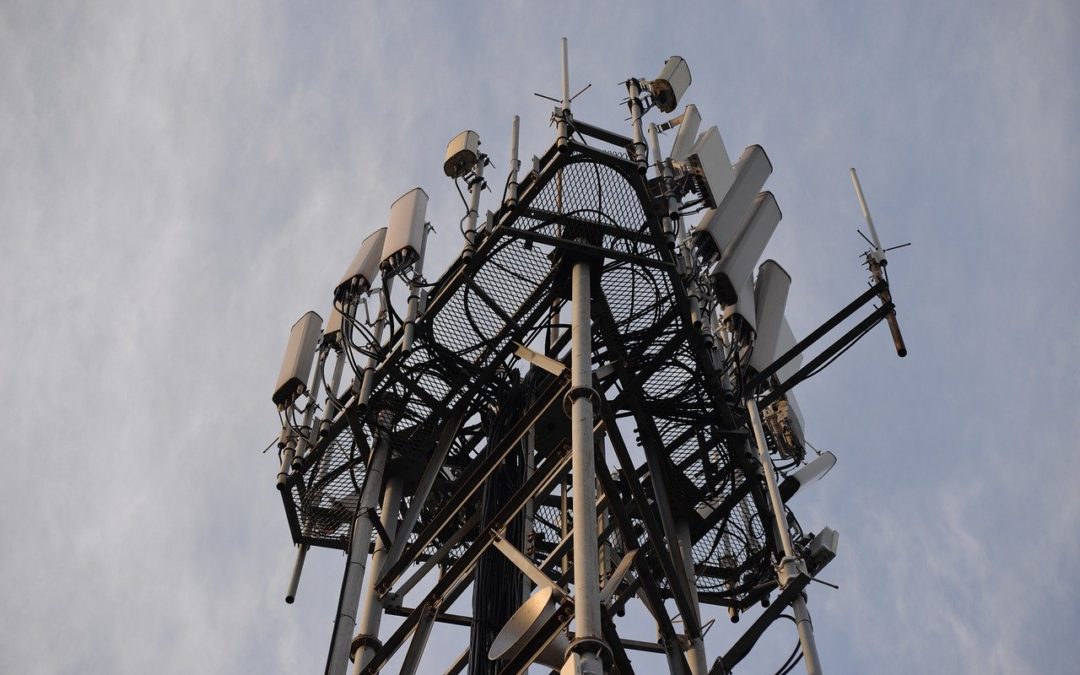As the fifth generation of wireless technology, 5G promises to revolutionize connectivity and drive innovation across various industries. With faster speeds, lower latency, and the capacity to connect more devices than ever before, 5G is poised to transform the way we live, work, and interact with the world. This blog post explores the fundamentals of 5G technology, its benefits, potential applications, and the challenges it faces.
Understanding 5G Technology
5G, or fifth-generation wireless technology, is the latest iteration of mobile networks. It builds upon the foundation laid by previous generations (1G through 4G), each of which introduced significant advancements in connectivity and capabilities. 5G is characterized by three primary features:
- Enhanced Mobile Broadband (eMBB): 5G offers significantly faster data speeds compared to 4G, with peak download rates reaching up to 10 Gbps. This allows for seamless streaming of high-definition videos, quicker downloads, and a more responsive internet experience.
- Ultra-Reliable Low Latency Communications (URLLC): 5G reduces latency to as low as 1 millisecond, enabling real-time communication and interaction. This is crucial for applications that require instant response times, such as autonomous vehicles and remote surgery.
- Massive Machine-Type Communications (mMTC): 5G can support a massive number of connected devices simultaneously, facilitating the growth of the Internet of Things (IoT). This connectivity is essential for smart cities, industrial automation, and other IoT applications.
Benefits of 5G Technology
The introduction of 5G technology brings numerous benefits that extend beyond faster internet speeds:
- Improved User Experience: With enhanced data speeds and lower latency, 5G provides a superior user experience for activities such as streaming, online gaming, and video conferencing. Users can enjoy smoother, uninterrupted services.
- Increased Capacity: 5G networks can handle a higher density of connected devices, making it possible to support the growing number of IoT devices. This increased capacity is vital for the development of smart homes, smart cities, and connected industries.
- Enhanced Reliability: The ultra-reliable nature of 5G makes it suitable for critical applications that require consistent and dependable connectivity. This reliability is essential for healthcare, transportation, and emergency services.
- Economic Growth: The deployment of 5G technology is expected to drive economic growth by enabling new business models, services, and industries. It can create jobs, spur innovation, and enhance productivity across various sectors.
Applications of 5G Technology
5G technology has the potential to transform multiple industries and introduce groundbreaking applications:
- Healthcare: 5G can revolutionize healthcare by enabling tele-medicine, remote monitoring, and even remote surgery. With low latency and high reliability, doctors can perform procedures from a distance, and patients can receive timely care regardless of their location.
- Transportation: Autonomous vehicles rely on real-time data and communication to navigate safely. 5G’s low latency and high data rates are critical for vehicle-to-everything (V2X) communication, enhancing the safety and efficiency of self-driving cars.
- Manufacturing: In the manufacturing sector, 5G can support the implementation of smart factories. It enables real-time monitoring, predictive maintenance, and the automation of production processes, resulting in increased efficiency and reduced downtime.
- Entertainment and Media: 5G can enhance the entertainment industry by enabling augmented reality (AR) and virtual reality (VR) experiences. Users can enjoy immersive gaming, live events, and interactive content with minimal latency and high-quality streaming.
- Agriculture: Smart agriculture can benefit from 5G by utilizing IoT devices for soil monitoring, precision farming, and livestock tracking. This technology can optimize resource usage, increase crop yields, and improve overall farm management.
- Retail: In the retail sector, 5G can enhance the shopping experience through personalized marketing, augmented reality for product visualization, and seamless mobile payments. Retailers can also use IoT devices for inventory management and supply chain optimization.
Challenges and Considerations
While 5G technology holds immense potential, it also faces several challenges and considerations:
- Infrastructure Deployment: The deployment of 5G networks requires significant investment in infrastructure, including the installation of small cells, fiber-optic cables, and antennas. This can be costly and time-consuming, particularly in rural or under-served areas.
- Spectrum Availability: 5G operates on a variety of frequency bands, including low, mid, and high bands (millimeter waves). Ensuring sufficient spectrum availability and managing interference are critical for the successful implementation of 5G networks.
- Security Concerns: As 5G connects more devices and critical applications, the risk of cyberattacks increases. Ensuring robust security measures and protecting user data are essential to maintain trust in 5G technology.
- Regulatory and Policy Issues: The deployment and operation of 5G networks require coordination with regulatory bodies and compliance with local policies. This includes addressing issues related to privacy, data protection, and electromagnetic radiation.
- Interoperability: Ensuring that 5G networks and devices are interoperable with existing technologies and infrastructure is crucial for a smooth transition. This requires collaboration among industry stakeholders, standards organizations, and network operators.
Conclusion
5G technology is set to revolutionize connectivity and drive innovation across various industries. Its enhanced speed, low latency, and capacity to connect a vast number of devices open up new possibilities for applications in healthcare, transportation, manufacturing, entertainment, agriculture, and retail. However, the successful implementation of 5G requires addressing challenges related to infrastructure deployment, spectrum availability, security, regulatory issues, and interoperability. As 5G continues to evolve, it will play a pivotal role in shaping the future of connectivity and transforming the way we live, work, and interact with technology.
ATYXIT is a security-first Business IT Solutions Provider. We excel in supporting and evolving company networks. Our technical support, technology consulting, project management, cyber security and IT strategy services make us the ideal IT resource for local small and medium sized businesses.
Reach out today if you need any assistance with your business technology or 5G connectivity!

